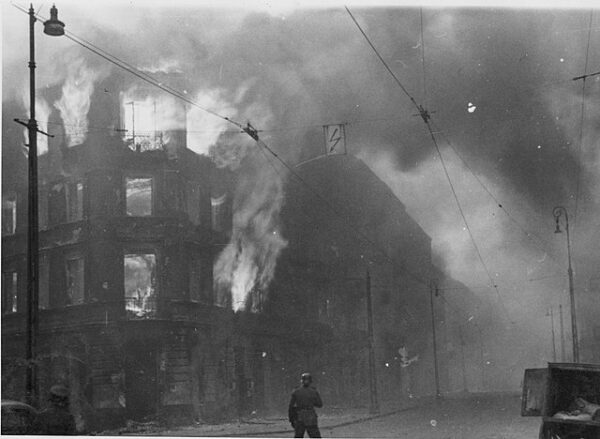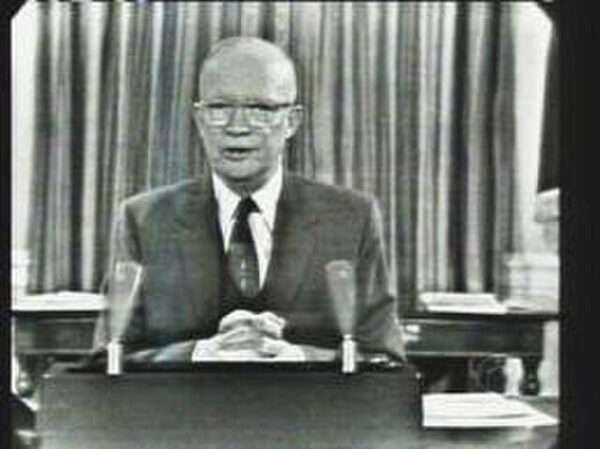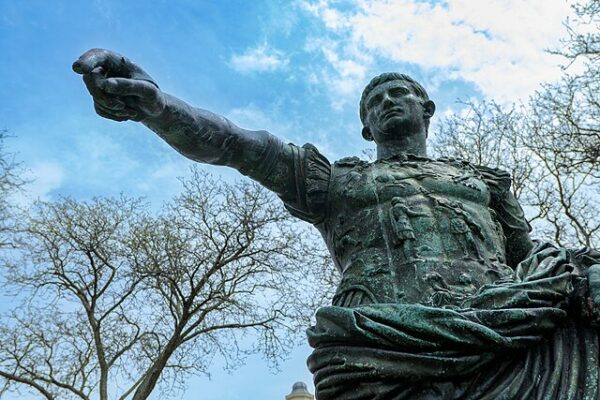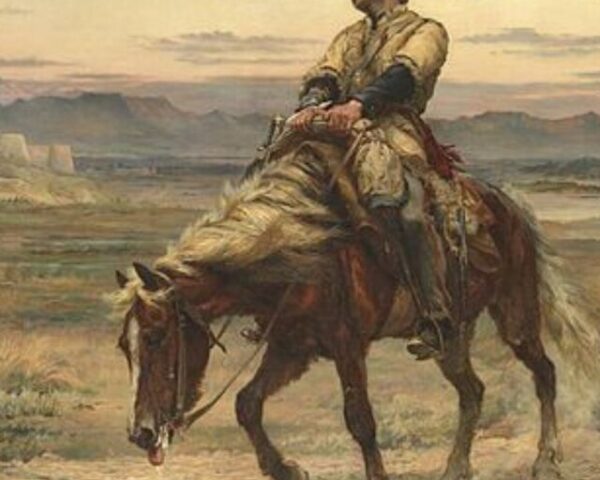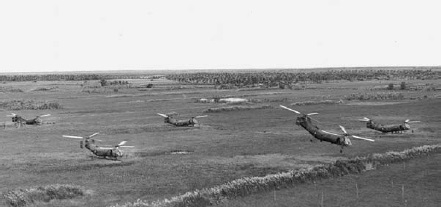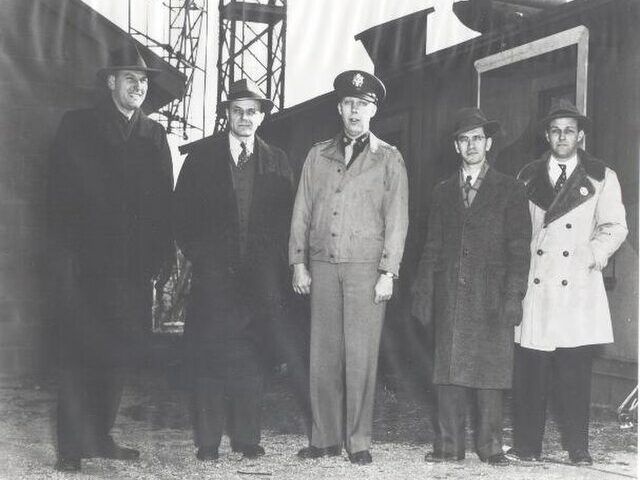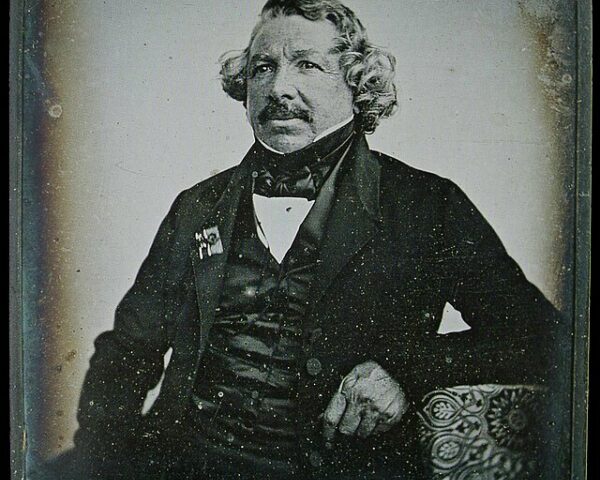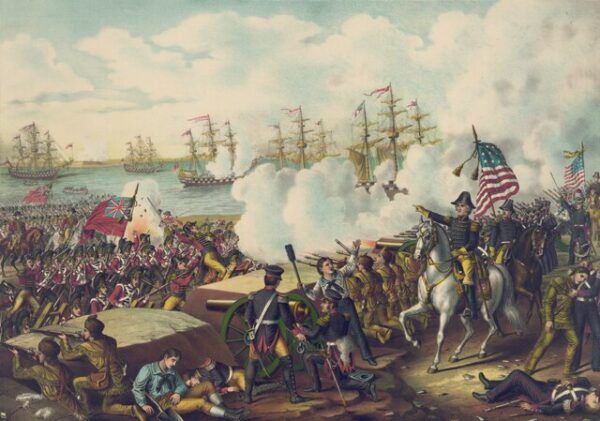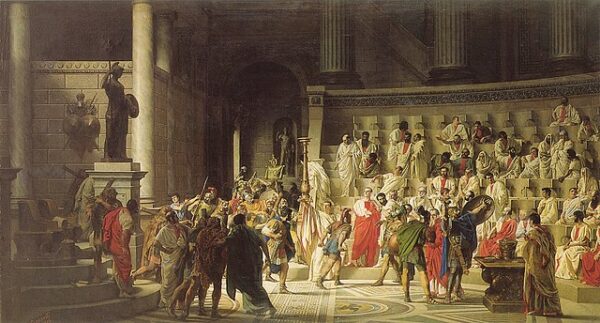On January 18, 1943, armed Jewish resistance erupted inside the Warsaw Ghetto, marking the first organized uprising by Jews against Nazi Germany during the Holocaust. Though smaller and less well-known than the April revolt that would follow, the January uprising fundamentally altered the moral…
Read MoreOn January 17, 1961—just three days before leaving office—Dwight D. Eisenhower delivered a televised farewell address that would outlast nearly every other valedictory speech in American history. Calm in delivery but sober in judgment, the address reflected the perspective of a career soldier turned…
Read MoreOn January 16, 27 BC, the Roman Senate conferred upon Gaius Julius Caesar Octavianus the honorific title Augustus—a moment that has come to symbolize the end of the Roman Republic and the beginning of the Roman Empire. The significance of the act lay not…
Read MoreOn January 15, 1777, in the depths of the American Revolutionary War, a rugged, contested frontier known as New Connecticut—today’s Vermont—took a step few dared: it declared itself an independent polity. The declaration did not pledge allegiance to Britain, nor did it seek immediate…
Read MoreAmid one of the most catastrophic retreats in British military history, a single exhausted rider emerged from the mountain passes of eastern Afghanistan. Slumped in the saddle, wounded, frostbitten, and barely conscious, William Brydon, an assistant surgeon in the British East India Company Army,…
Read MoreOn January 12, 1962, the Vietnam War crossed a quiet but decisive threshold. In a rubber plantation northwest of Saigon, American helicopters ferried South Vietnamese troops into combat against communist guerrillas, marking Operation Chopper—the first American combat mission and first U.S.-backed helicopter assault of…
Read MoreOn January 10, 1946, in the austere aftermath of World War II, a small team of American scientists quietly achieved something that, in retrospect, marked the opening salvo of the Space Age. At Camp Evans, a former radar laboratory in New Jersey, the United…
Read MoreOn a winter day in Paris on January 9, 1839, the modern world blinked into focus. Before a gathering of scholars and savants, the French Academy of Sciences announced that it would soon reveal a new method for fixing images from light itself—a process…
Read MoreThe Battle of New Orleans, fought on January 8, 1815, stands as one of the most remarkable and celebrated military victories in American history. Under the leadership of Major General Andrew Jackson, American forces delivered a decisive defeat to a larger, better-equipped British army.…
Read MoreOn January 7, 49 BC, the Roman Republic crossed a point of no return—not with the tramp of legions or the clash of steel, but with a decree of the Senate and the flight of two frightened magistrates. What followed would soon culminate in…
Read More

